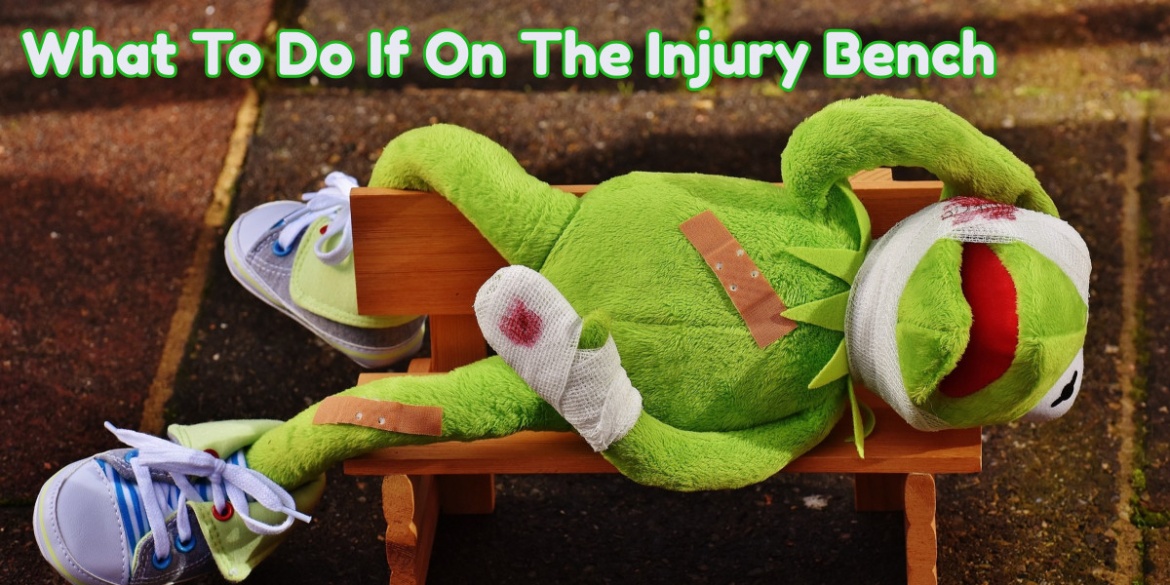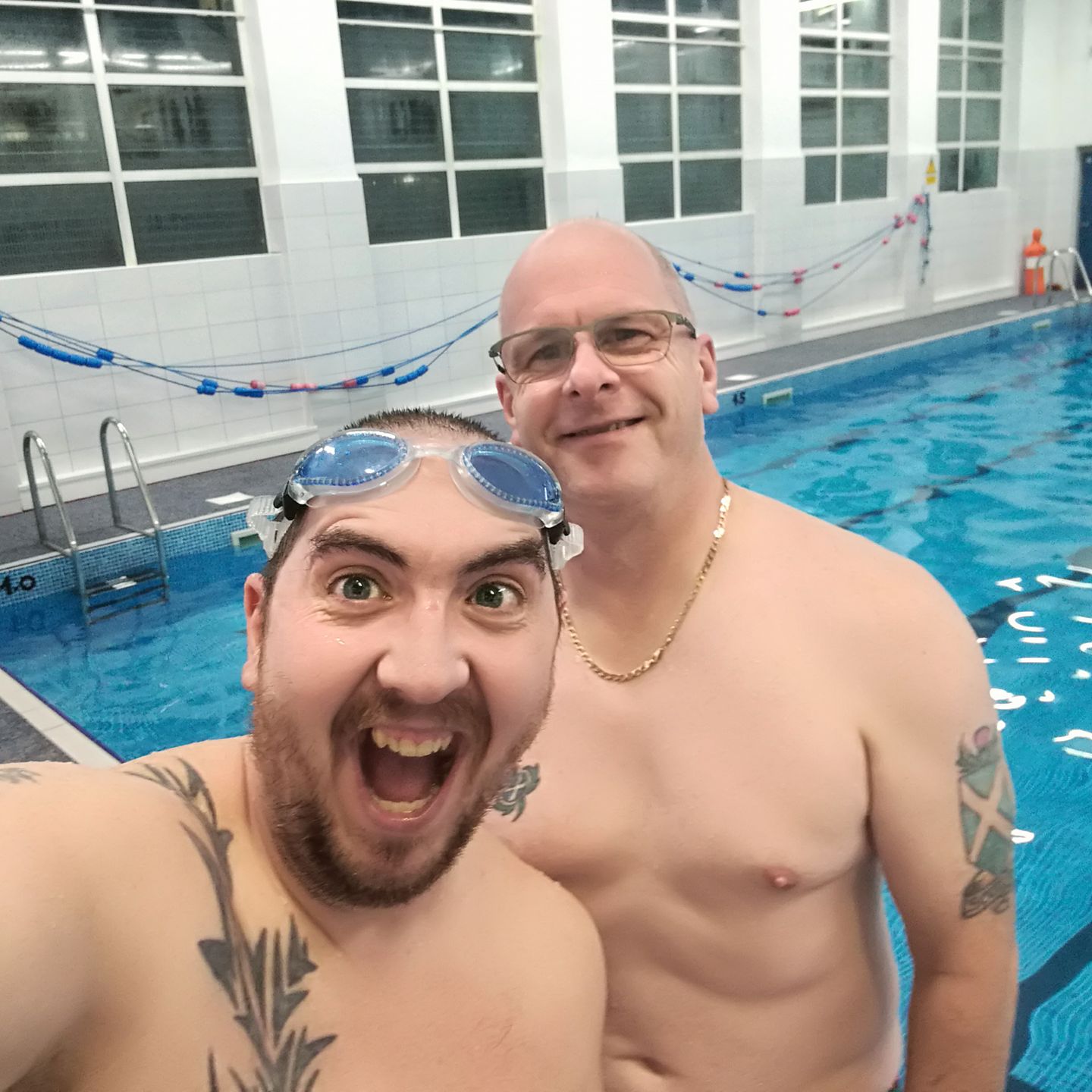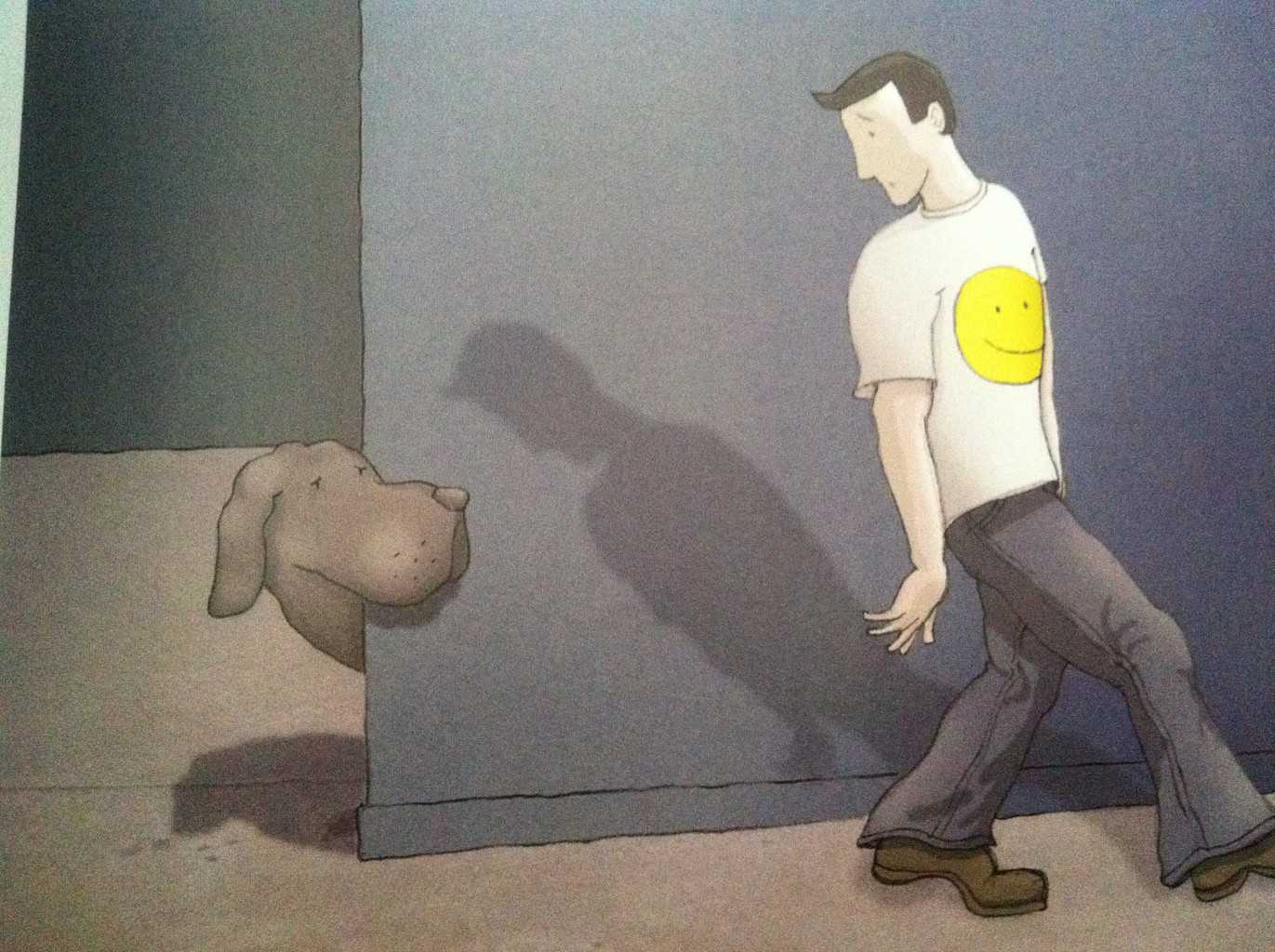It doesn’t matter whether you’re an Olympic athlete, or whether you are like me, a potter round the gym and a long walk a few times a week; there is nothing more irritating, frustrating and often soul destroying than a sports injury. Even a fairly mild pulled muscle or sprain can keep you from your usual regime for a few weeks, and it can often feel like your injury is going to take forever to heal. You may miss the social element, and be envious of your friends and teammates and you will discover that every single post on your social media feeds will involve someone having the most amazing time being active. Here are some tips for staying involved even when you’re on the sidelines:
* Be a cheerleader – you might not be on the pitch, but you can still be a fully-functioning part of the team, or a fully-supportive exercise buddy. Cheering on your teammates will not only encourage them to keep going, it helps you remain part of the social group, and keeps you up to date with new training programmes and competition strategies where appropriate. The boost to your mood can even help you heal faster.
*Be a volunteer– many organisations such as parkrun, Great Run Local and Join In provide wonderful opportunities to give something back to the sports you love and it will allow you to stay involved.
*Be confident – if you are a professional athlete, there is always the chance that an injury can be career-ending. Even for the hobby athlete, severe or progressive conditions can mean that exercise is going to have to take a different form in future. This can cause considerable anxiety and depression, and if you feel unable to come to terms with this, do seek help. However, be confident that even if life has to change, you will reach a point where taking up a different sport or activity will be possible.
* Try something new – if your recovery is going to take a specific length of time, this could be the perfect opportunity to try something new, either sports-related, or in a completely different field. Look into classes that will take you out of the house and stop you feeling isolated or lonely and think about activities, like swimming, that might aid your recovery.
*Stay on top of pain management – there’s always a temptation to ‘tough it out’, especially if you have been used to training through discomfort, and are used to the ache of tired muscles. Make sure that you take your painkillers regularly rather than as required, and keep up with physiotherapy and exercises which will help you to heal.
* Take ownership of your injury – this can be difficult, especially if your injury was through no fault of your own. Acknowledge that it has happened, work out why it happened (especially if it’s through overtraining or poor training management), and make plans to stop it happening again.
The final Top Tips For Coping With Your Sports Injury is to seek specialist help. It can be a good idea to have a full health-check before you return to your training programme, and to speak to a sports medicine specialist if you think you will need to do things differently from before. At places like The Wilmslow Hospital, near Manchester and Liverpool you will have access to everything from diagnostics to surgery if necessary, and the best possible care to get you back on the track, pitch or in the gym as soon as possible.
Disclaimer: Although spookily relevant, this is a sponsored post with all proceeds going to Cancer Research















2 comments
Brilliant read Stephen
Thanks Martin. More importantly, it’s another couple of quid for Cancer Research